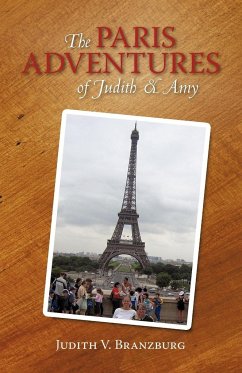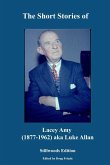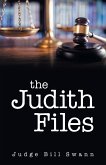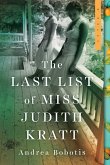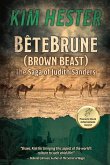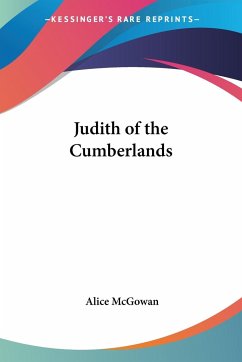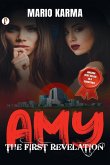This travel/mystery book starts as an e-journal of the six month stay in Paris of the mid-career, well-traveled Judith and Amy. Amy, a rocket scientist from Pasadena, California, is a visiting researcher at the French National Laboratories in Paris. Judith, her girlfriend and a professor of English at a Los Angeles area community college is on unpaid leave accompanying her. Judith, with the promise of many visitors and no special projects in mind aside from learning to speak French, has decided to write an e-journal to friends and family. Thus, the book is in an epistolary form, written pretty much in the present tense as it describes events shortly after they have happened, and includes photos Judith or friends have taken to illustrate various points. In addition to Judith's narratives and photos, edited versions of replies from her correspondents, which Judith was surprised to receive but felt needed to be shared in view of her commitment to community, are included at the beginning of each installment after the first. Overall, Judith appears only a semi-aware narrator, coming across a bit as an innocent abroad, yet, at the same time, is highly self-reflective about language and fills the narrative with word play, parenthetical references, popular culture references, high and low culture jokes, and philosophy. Overall, the tone is one of bemused innocence (or slight paranoia), and benign irony. Judith's task of having her journal be something besides the ordinary becomes simplified when, in time for the first installment, she and Amy happen to be at the sight of the discovery of a dead body in a canal near the Bastille. The same evening as the discovery of the body, Judith and Amy are asked by their temporary landlady to assist her in securing the contents of a safe deposit box in Zurich to help her ailing aunt. As Judith and Amy are heading to Zurich that week to attend the opening of a sculpture exhibit by one of their friends, it seems the least they could do to help this older woman. The body and the visit to the bank sets off a series of events that embroil Judith and Amy, Judith's French tutor and fellow students, Amy's French bosses, their French friends, and American and other visitors in an apparent drug war. Since Judith is in France illegally and subject to possible deportation, Amy and Judith are forced to rely only on friends and their own ingenuity and interpretive powers to connect the clues and extricate themselves from what increasingly seems to be some sort of misunderstanding on the part of gangsters about their involvement in drug smuggling. The solving of the mystery makes up the narrative line of the text. But, at the same time as Judith and Amy become increasingly enmeshed in mystery, Judith has not forgotten that essentially her correspondence is a travel journal. So she continues to interweave descriptions and ponderings on the relationships among and meanings of popular culture and customs, politics, critical theory, science, religion, language, class, race, art, architecture, as well as adventures and anecdotes from previous travels with Amy, into the narrative. Even though Judith's paranoia colors her perception and interpretation of events and thus confuses her readers about what is real and what fiction, there do s

